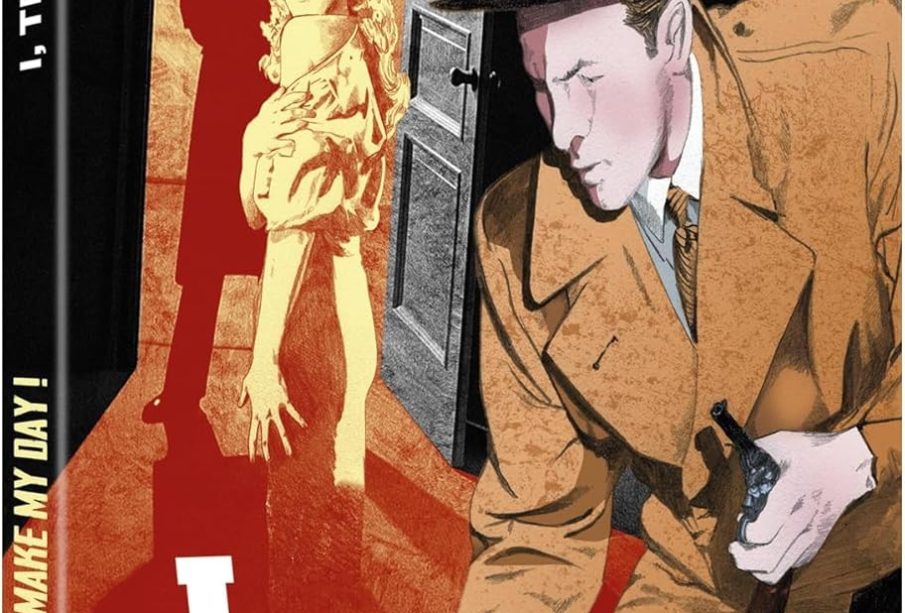The Jury: A Crucial Element of Justice

Introduction
The jury system plays a vital role in the justice process, serving as a cornerstone of democratic legal systems worldwide. Comprising ordinary citizens, juries are tasked with making impartial decisions based on evidence presented in court. Recently, discussions surrounding the effectiveness and challenges of the jury system have gained traction, making it essential for citizens to understand both its importance and relevance in contemporary legal contexts.
The Role of the Jury
In the United Kingdom, the jury mainly operates in the Crown Court, where serious criminal cases are heard. A jury typically consists of 12 members who are selected from the electoral register. Their primary function is to listen to evidence, deliberate on the facts of the case, and ultimately reach a verdict of guilty or not guilty. The impartiality of jury members is crucial, as their decision directly influences the lives of defendants and victims alike.
Current Events Surrounding the Jury System
This year has seen heightened scrutiny over the jury’s effectiveness, particularly in high-profile cases. For instance, the ongoing discussions regarding jury trials in sexual assault cases have gained significant attention. Critics argue that jurors may face difficulty understanding the complexities involved or may bring biases into their deliberation process. Notably, a report by the Independent Office for Police Conduct highlighted concerns over juror misconceptions, which can affect case outcomes.
Moreover, the COVID-19 pandemic brought unprecedented challenges to jury trials, necessitating adaptations such as remote deliberations and social distancing measures. While these adaptations were designed to protect public health, they raised questions about the integrity and fairness of verdicts during trials held under such constraints.
Conclusion: The Future of the Jury System
The jury system represents a critical aspect of the legal framework, embodying the principles of civic duty and community involvement in justice. However, as societal norms evolve and legal challenges mount, the system must adapt to ensure fair and just outcomes. Future reforms may include enhanced juror education, updated jury selection processes, and perhaps more inclusive criteria to better reflect the diversity of society. As discussions continue, it is vital for the public to remain informed and engaged, ensuring that the jury remains a pivotal component of fairness in the legal process.








